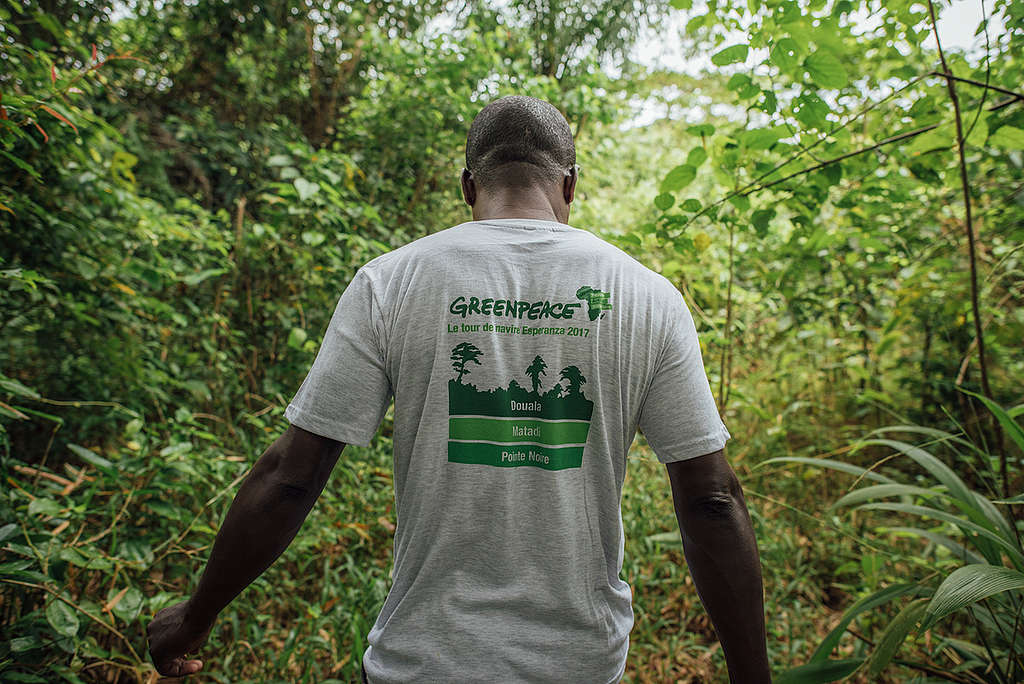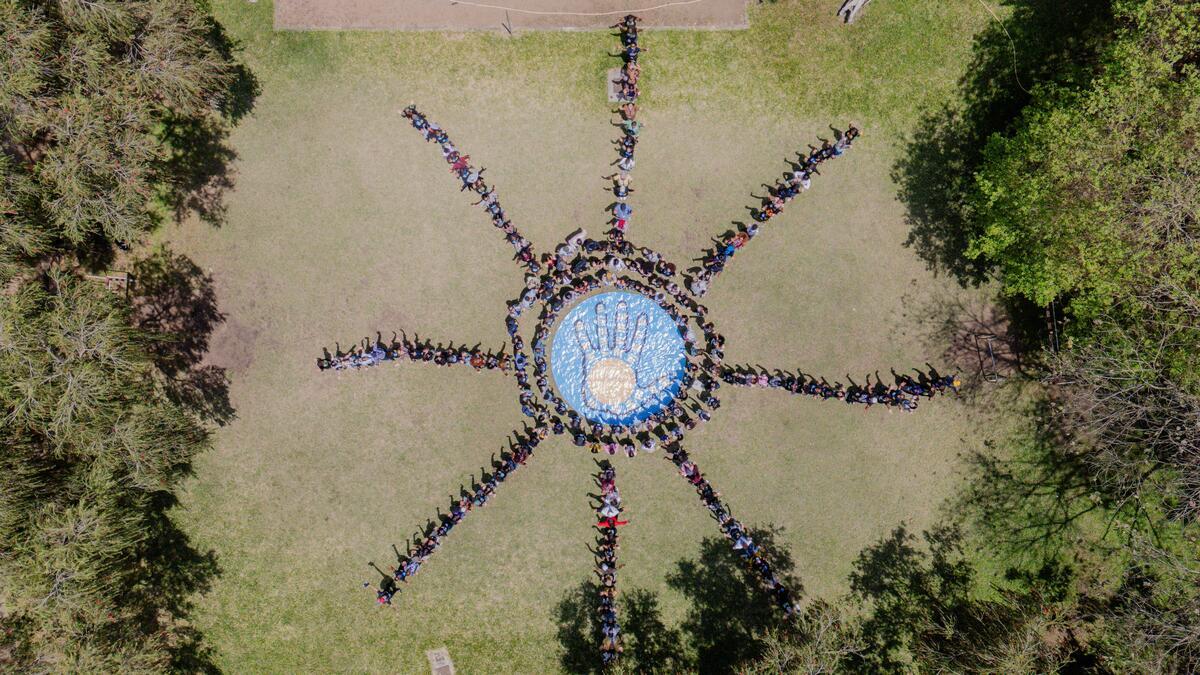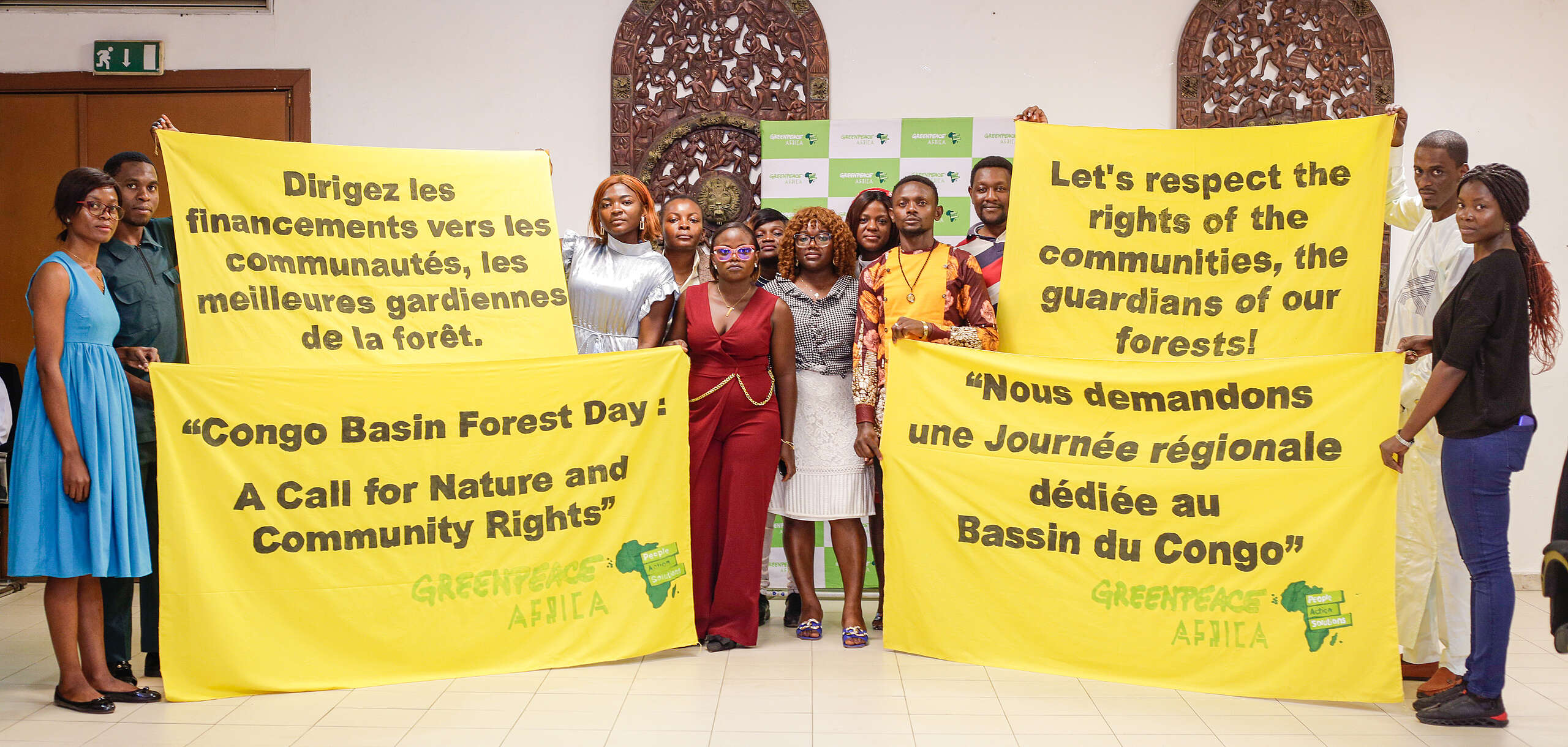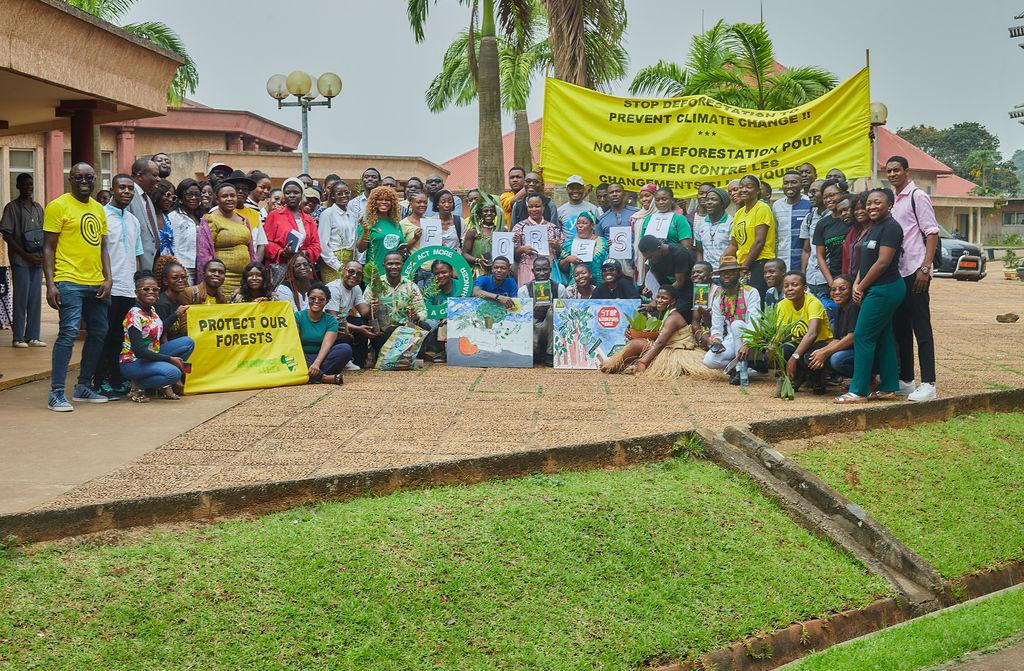Could this be a defining moment for humanity? What if, in five, ten, fifty years’ time, when we look back on this crisis, we see it was a turning point?
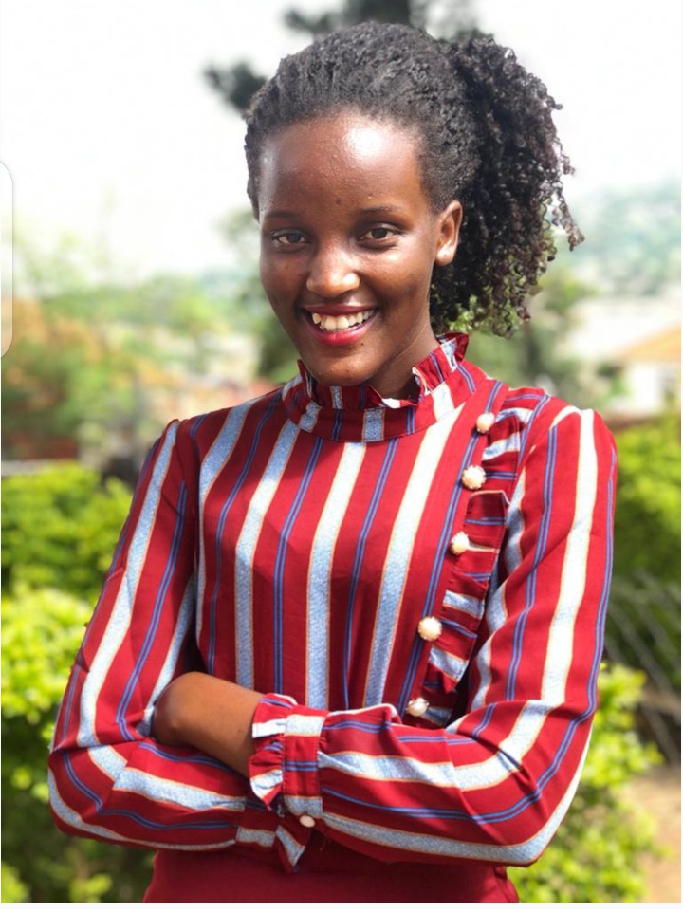
We would look back and see that in 2020, humanity faced a choice: to continue to live in a world where the fortunate remained isolated and safe, while the vulnerable are left without safe water, safe shelter, health care, or even access to sanitation. A world where the wealthiest people and most destructive industries are rescued, while the rest of humanity is viewed as expendable. Where our most fundamental rights, indeed our very lives, are threatened by systems designed to fail. Or we could drive the world to a more just, equitable, and green future. We could emerge from this pandemic with a wider, deeply-felt understanding of our interconnection and our place.
When it comes to climate change, many lives are at stake. We cannot afford not to take climate action. If we don’t take the necessary action, more lives are going to be lost. You don’t have to experience the impacts of climate change to know that we are in a crisis. If you don’t see climate change affecting your life and threatening your existence, that does not erase the existence of the crisis. Climate change is a crisis that we all need to address. We need to build resilience in our communities. We need to change the systems and build more inclusive systems that put the people and the planet over profit. We need to protect humanity, because this is the greatest threat facing humanity right now.
We cannot afford to lose our forests. We cannot afford to lose our ecosystems. The animals know this and they can teach you that. The birds understand the need to protect the forests and you can learn from them. The fish live in fear of what man is already doing.
I will tell you a story of a giraffe called the Okapi. They told me that he has no other home. The only home that he knows is the Congo Rainforest and they told me to protect their home. They want to live, but their existence depends on the existence of the forest. What are you willing to do to protect the Okapi’s home?
More than 75 million people heavily depend on the food, fresh waters, shelter, and medicine from the forest, with over one 150 ethnic groups. We must stop the exploitation in the forest. We must stop deforestation. We must protect the defenders of the forest.
This is the time to think big. Indigenous People hold deep knowledge of the virtues of our biodiversity, which we still have to learn. We stand for our biodiversity, so in ten years we don’t get to experience it only through history books. We need to rise up together and work together for the protection of our rainforests. Save Congo Rainforest.
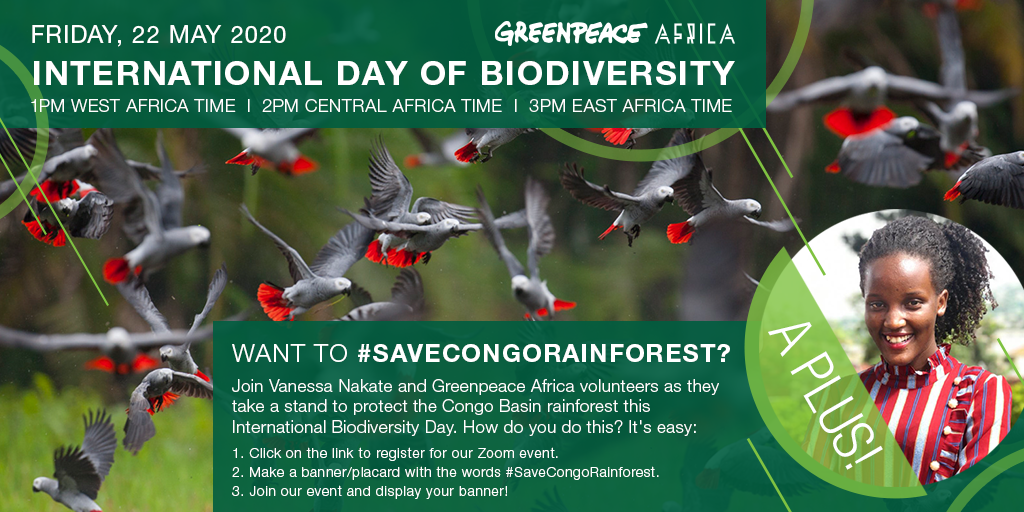
Vanesa Nakate is an activist and organizer, founder of @TheRiseUpMovem1 and #InMyVoiceChallenge . Follow her on Twitter: @vanessa_vash
Speech by Remy Zahiga
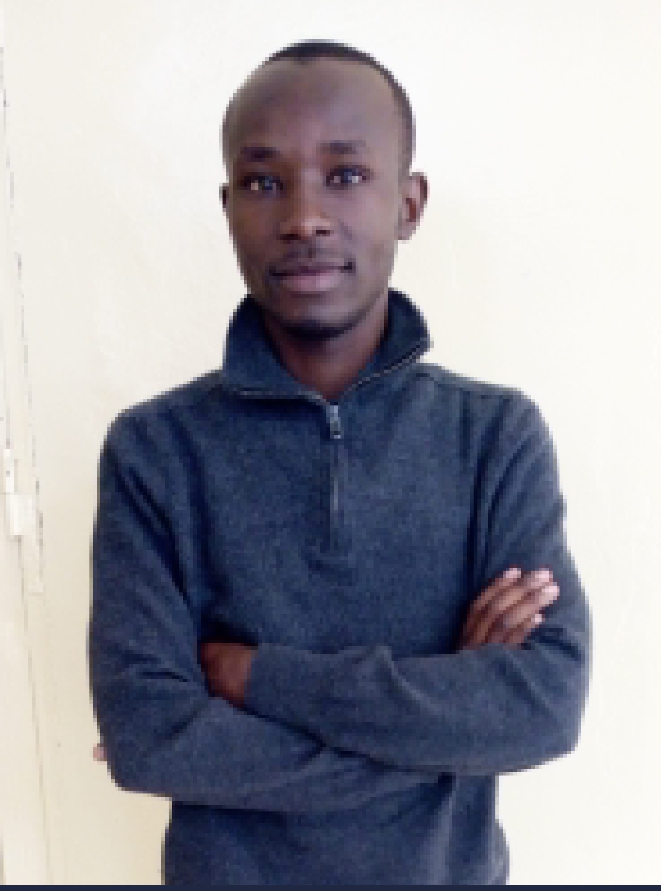
Distinguished participants in your respective titles and qualities, hello!
It is an honor for us to see you all accept Greenpeace Africa’s invitation to protect the Congo Rainforest!
For those who do not know, the Congo rainforest is located in Africa and is the second largest tropical forest in the world, after the Amazon. It covers six African countries, including Cameroon, Congo Brazzaville, Equatorial Guinea, Gabon, the Democratic Republic of Congo and the Central African Republic! It should be noted that the Democratic Republic of Congo occupies more than 60% of this forest and a larger population than that of these five other countries combined (University of Maryland, 2018).
Indeed, this forest covers an area twice the size of France, or 1.55 million square kilometers (Green peace, 2016) with a unique biodiversity of its kind, with millions of people dependent on it for everything!
Pygmies are the indigenous people of Central Africa and therefore are the first occupants (the natives) of this forest. In Cameroon, these pygmies are called the “Bakas”. In Congo, these pygmies are called the “Bambutis, or the” Batwa “, etc.
Nowadays, with the acceleration of deforestation, either linked to industrial logging companies, or by the palm oil companies and the search for wood for heating because most of the countries which cover this forest do not have access with electricity, the forest loses a huge forest cover every year! It should therefore be noted that industrial logging and mining companies are largely responsible for the degradation of this forest! As a result, the forest lost an area of 165,000 square kilometers from 2000 to 2014, an area larger than Bangladesh while adding the study made in 2018 by the University of Maryland (UMD) showing that it may be gone by 2100. Some wild species are trafficked and often roasted in certain hotels in the square, but also exposed to armed conflicts – last in April 2020 in Virunga park (DR Congo), a dozen eco-guards were found dead. This will further contribute to the extinction of species such as the Okapi, mountain gorillas, etc.
The destruction of this forest is a threat to the fight against climate change, a vulnerability that affects both fauna and flora, but also the millions of people who depend on it for agriculture, livestock, water, traditional medicine, etc.
This is why a campaign which advocates the protection of this second largest tropical rainforest on the planet has emerged and already brings together activists from around the world! We therefore thank everyone who participates in this campaign and invite others to join these courageous activists – together we are strong!
So that this forest continues to provide us with what we need, we call on leaders at the national and international level to turn their eyes to it by supporting and respecting the agreements signed on the protection of wildlife and National Parks. Respect the rights of the natives, while improving security in protected areas and respect the commitments by companies, which exploit the forest towards the natives, so that future generations can enjoy a planet worthy of its name!
We said and thank you!
Remy Zahiga, environment and climate activist, co-founder @CongoEnviroVox, follow him on Twitter: @Remy_Zahiga
Speech by Marie Grace Ngo
Good afternoon everyone! I am Marie Grâce NGO MBOG, a Greenpeace Africa volunteer in Cameroon. It was only a short time ago that I considered creating a petition for publication. I was shocked and sad of what I discovered during my research, when I had built this petition with the support of the Greenpeace Africa team.
My country Cameroon has about 10% of the Congo Basin Rainforest. In the past 30 years, Cameroon has lost over 20% of its forest cover. Now we are fighting a burning case of land grabbing in my country that affects the population of my home region.
The case of Ebo Forest is threatening to deprive the population of several departments of over 85,000 ha of virgin forest with great ancestral value and heritage. If we visualize 85,000 ha of land in terms of biodiversity, this is enormous, especially when we know that the disappearance of species weakens the ecosystem, just like a vehicle with parts that have stopped working. Like a vehicle that has lost its bumper, the disappearance of species exposes us to all the shocks with nature. We are now exposed to the aggressions of nature for the simple reason that we no longer respect nature in all our activities
There is still time for us to act and avoid damaging the engine of our vehicle (our ecosystem), because once it stops working the vehicle becomes a wreck. The health of our ecosystem is in great danger and our future is compromised because of the disappearance of our species and drastic climate change with divesting effects to our way of life. It is time for the public authorities, heads of companies, businessmen, subsidiaries, NGOs … and ordinary citizens to come together and adopt aggressive measures against the destruction of biodiversity, just like we’re currently doing with Covid-19.
More than ever, this pandemic has made us realize that the world is a global village in which we’re all connected. And we have to stand together and show love to one another. By protecting ourselves, we also protect those we love. By standing up against the destruction of biodiversity, we contribute to its protection, preservation and conservation! We ensure not only our well-being, but also that of the generations that will come after us.
Yes, indeed, we are not going to win this fight in a day but it’s very important we start with baby steps – small wins that will gradually go to big wins. In Cameroon, more than 85,00 hectares of land is threatened by exploitation, which will deprive communities of their ancestral land heritage and endanger vast areas with immense riches in terms of flora and fauna (protected animal species and tree species).
We urge everyone present to act by signing this petition from communities that will not only help save an important part of the forest of Cameroon, but act as a case study to push protection of the Congo Basin and its rich biodiversity.
Because, let us not forget, the decline of Biodiversity spells the decline of humanity. Thank you!
Marie Grace Ngo is a Greenpeace Africa volunteer from Cameroon. Her speech is translated from French.
